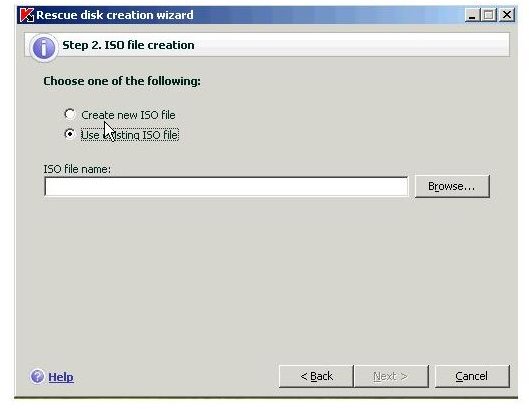

- KASPERSKY RESCUE DISK SCAN OVER 24 HOURS UPDATE
- KASPERSKY RESCUE DISK SCAN OVER 24 HOURS PASSWORD
- KASPERSKY RESCUE DISK SCAN OVER 24 HOURS WINDOWS
The dump files contain information about the working memory of processes at the time of the process crash. The files are stored in the root of the KRD2018_Data folder. The files are stored in an encrypted form with the name format *.dmp.enc1 and can be accessed by all users. Dump files created during the application’s operation.The files are stored in the KRD2018_Data/Bases folder and can be accessed by all users.
KASPERSKY RESCUE DISK SCAN OVER 24 HOURS UPDATE
Anti-virus bases downloaded from Kaspersky Lab’s update servers.The files are stored in the root of the KRD2018_Data folder and have name krd2018_hwinfo_*.tgz. The files are stored in an unencrypted form and can be accessed by all users. Files containing information about the computer’s hardware created as a result of selecting the Hardware Info command in the system menu.This data is recorded in trace files if the application uses a proxy server. Username used to sign in to the proxy server.Proxy server address, computer name, port, IP address.Remote IP addresses to which your computer established connections.Addresses of web pages contained in detected objects (for example, web addresses specified as a key for a parameter in the system registry).
KASPERSKY RESCUE DISK SCAN OVER 24 HOURS PASSWORD
Email address or web address with the account name and password if they are contained in the name of a detected object.
KASPERSKY RESCUE DISK SCAN OVER 24 HOURS WINDOWS

In addition to general data, trace files can contain the following user data:

The folder KRD2018_Data contains the following data: The user is personally responsible for ensuring the safety of the data collected, and in particular for monitoring and restricting access to the collected data stored on the computer. After exiting Kaspersky Rescue Disk, the folder KRD2018_Data is saved on the hard drive (it is usually located in C:\KRD2018_Data).


 0 kommentar(er)
0 kommentar(er)
